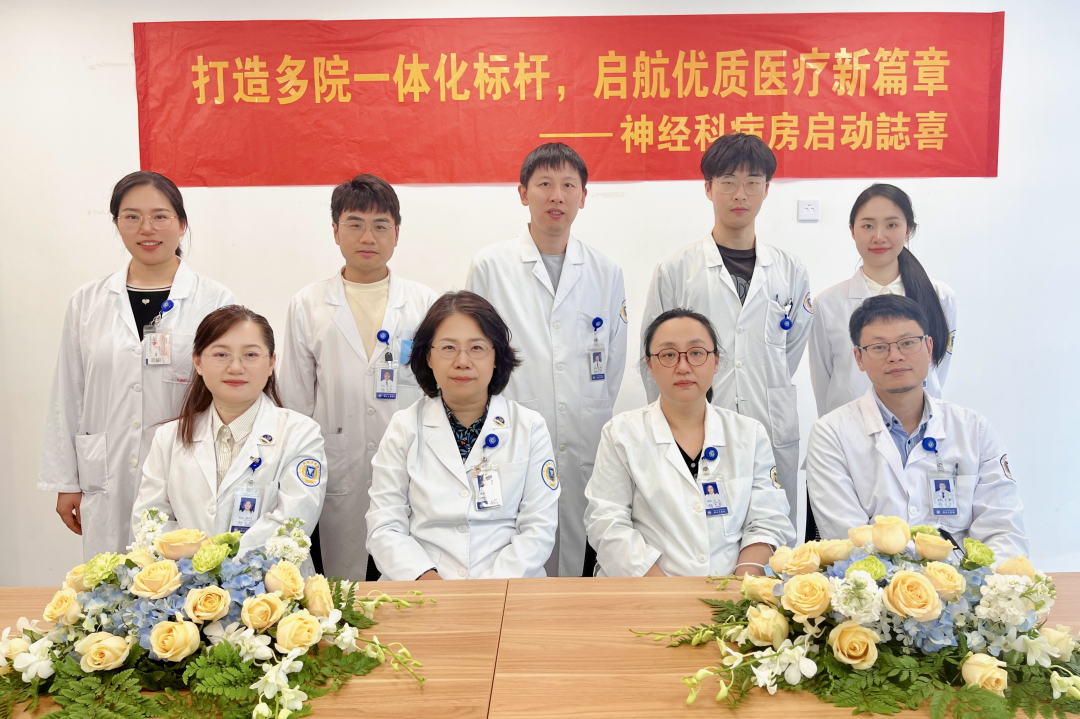Have difficulty walking? Be alert for this condition besides stroke
2024/08/05Edited by Andie (Xi Yue)
Ms. Du (not her real name) was found to walk slower and slower, with slurred speech and listlessness months ago. On one occasion, she fell to the ground and was later taken by her family to a local hospital. After standardized diagnosis and treatment for “cerebral infarction”, her condition wasn't improved. Rather, she walked even slower with more evident generalized weakness. She was then admitted to the Department of Neurology at Sir Run Run Shaw Hospital (SRRSH), affiliated with Zhejiang University School of Medicine.
Dr. CAI Huaying, Chief Physician, found that the key symptom of the patient was slowed movements, or “bradykinesia”. He identified no evidence of stroke, but cardinal symptoms of Parkinson's disease, slowness of movement and speed and rigidity in Ms. Du, who was admitted to Grand Canal Campus of SRRSH. After receiving the Acute Dopaminergic Challenge, the patient's condition improved significantly. Her walking difficulty and slurred speech were ameliorated with gradually recovered self-care ability after following Parkinson's medication regimes.
Parkinson's disease is one of the most common neurodegenerative diseases. Motor-related symptoms include slowed movements (bradykinesia), tremor while muscles are at rest, rigidity or stiffness, unstable posture or walking gait, etc. The disorder is often accompanied by other non-motor symptoms, such as constipation, depression, loss of sense of smell, sleep problems, etc. Ms. Du’s symptoms, slowed movements without tremors, is latent, hard to diagnose and east to be misdiagnosed. Therefore, Parkinson’s disease is a possibility when it comes to difficulty in walking in addition to stroke.

The Department of Neurology at SRRSH boasts the first botulinum toxin treatment center in China and a "one-stop" diagnosis and treatment center for Parkinson's disease. It spearheads the treatment for the sub-specialty of dyskinesia in Zhejiang province and nationwide. It is to be noted that the wards of Neurology at Grand Canal Campus are open with equally superb medical services targeted at sub-specialties such as dyskinesia, stroke, and vertigo. Looking ahead, the Department of Neurology at Grand Canal Campus will be a trustworthy guard for people's health with its excellent medical technology and services.







